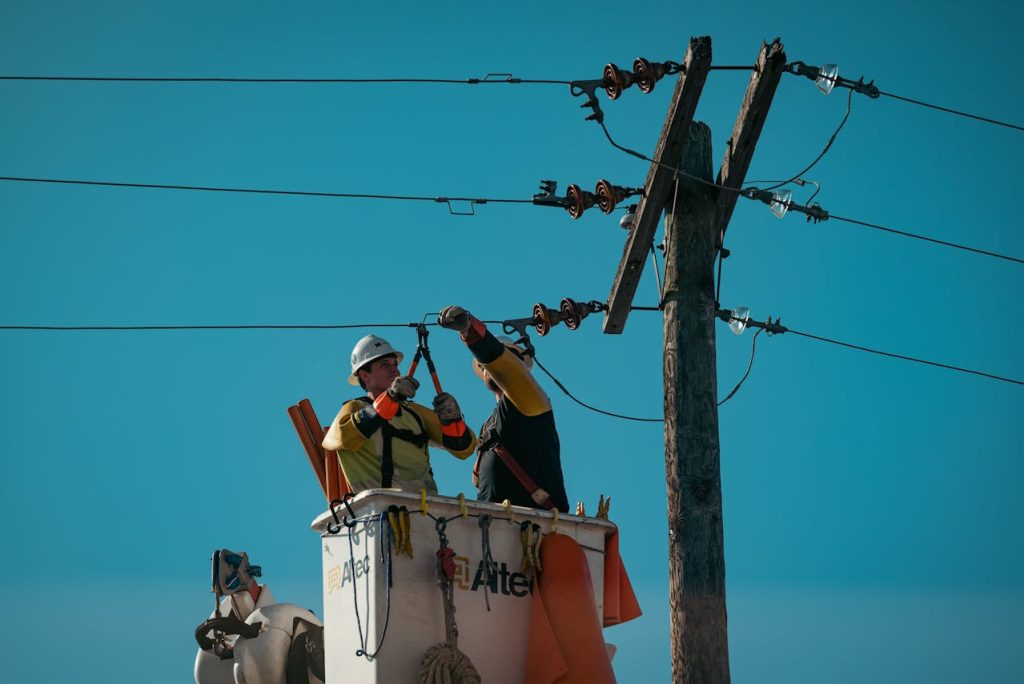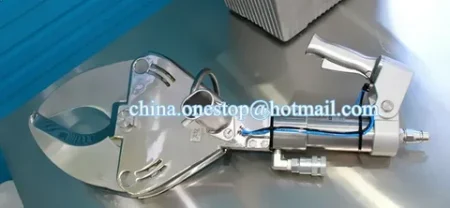Construction projects rely heavily on specialized distributors who serve as the crucial link between manufacturers and contractors. These companies maintain extensive inventories, provide technical expertise, and offer logistical support that keeps projects moving forward efficiently. The distributor network forms the backbone of material supply chains, handling everything from basic supplies to highly specialized equipment. Understanding the various types of distributors and their unique roles helps construction professionals make informed decisions about sourcing materials and managing project timelines.
The Foundation of Material Supply Networks
Construction distributors operate as intermediaries who purchase products directly from manufacturers and resell them to contractors, builders, and other construction professionals. They typically maintain large warehouses and distribution centers strategically located to serve specific geographic regions. Most distributors offer value-added services such as material cutting, custom fabrication, delivery scheduling, and technical consultation. The relationship between distributors and construction companies often extends beyond simple transactions to include credit terms, bulk pricing arrangements, and project-specific material management.
Building Material Distributors
Building material distributors specialize in structural components, lumber, concrete products, and basic construction supplies that form the foundation of most projects. These companies typically stock a wide range of products from multiple manufacturers, allowing contractors to source various materials from a single location. Many building material distributors also offer specialized services like engineered lumber cutting, truss manufacturing, and jobsite delivery coordination.
Electrical Supply Distributors
Electrical supply distributors focus specifically on electrical components, wiring systems, lighting fixtures, and power distribution equipment needed for construction projects. These distributors maintain relationships with major electrical manufacturers and often employ knowledgeable staff who can provide technical guidance on product selection and code compliance. An electrical supply distributor can offer additional services, including wire cutting and spooling, panel assembly, and technical training programs for contractors.
Plumbing Supply Distributors
Plumbing supply distributors specialize in pipes, fixtures, fittings, and water management systems that are essential components of any building project. These companies understand the complexities of plumbing codes, water efficiency requirements, and the compatibility between different system components. Plumbing distributors often provide services such as pipe threading, custom cutting, and technical support for complex installations.
HVAC Equipment Distributors
HVAC distributors focus on heating, ventilation, and air conditioning systems along with the specialized components and controls these systems require. These companies work closely with mechanical contractors and understand the technical requirements for different climate zones and building types. HVAC distributors frequently offer technical training, system design assistance, and warranty support services that go beyond basic product sales.
Roofing Material Distributors
Roofing material distributors specialize in shingles, membranes, insulation, and accessories needed for various roofing applications from residential homes to large commercial buildings. These companies understand the specific requirements for different roofing systems and regional weather conditions that affect material performance. Many roofing distributors offer services such as material takeoffs, jobsite delivery scheduling, and technical support for installation challenges.
Specialty Construction Distributors
Specialty distributors focus on niche products and systems that require specific expertise, such as fire protection equipment, security systems, or architectural hardware. These companies often work with specialized contractors who need access to unique products and technical knowledge that general distributors may not provide. Specialty distributors typically offer extensive technical support, training programs, and custom product solutions that address specific project requirements.
The construction industry’s distributor network represents a sophisticated ecosystem that connects manufacturers with construction professionals through specialized knowledge, strategic inventory management, and value-added services. Each type of distributor brings unique expertise that addresses specific construction needs, from basic building materials to highly specialized systems and components.
The relationships between contractors and distributors often evolve into strategic partnerships that provide competitive advantages through better pricing, priority service, and access to technical expertise. As construction projects continue to grow in complexity and timeline pressures increase, the role of knowledgeable distributors becomes even more critical to project success and profitability.










